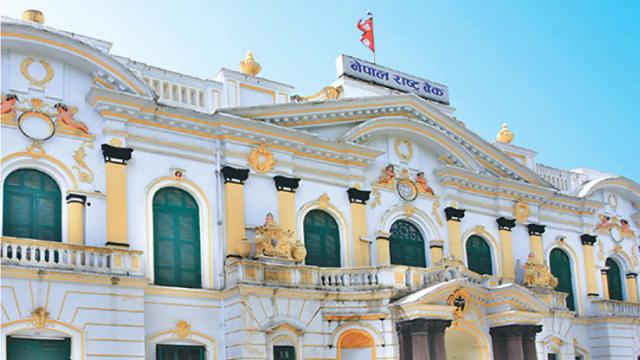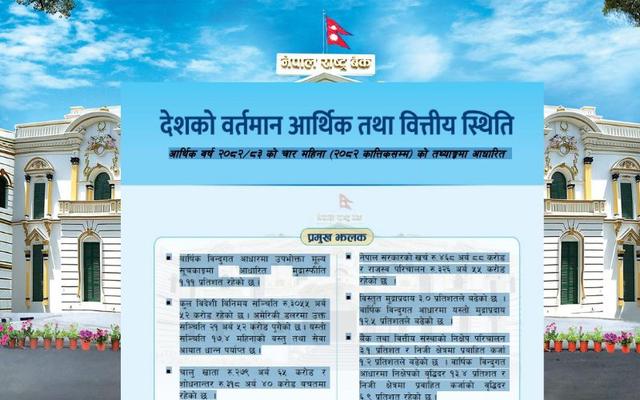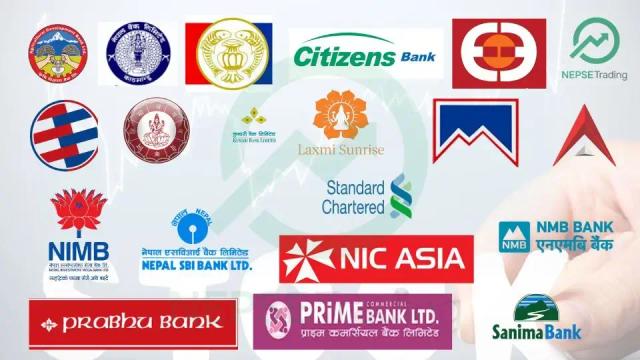Government to Renew Treasury Bills Worth Rs. 20 Billion on Monday Amid Declining Interest Rates
Author
NEPSE trading

The Government of Nepal is set to renew Treasury Bills worth Rs. 20.08 billion on Monday (Baisakh 22) as part of its internal debt management strategy. The Public Debt Management Office has invited online bids for this renewal.
The breakdown of the Treasury Bills to be renewed includes:
Rs. 5 billion with a 28-day maturity,
Rs. 9 billion with a 182-day maturity, and
Rs. 6.08 billion with a 364-day maturity.
The online auction will be held from 10:00 AM to 3:00 PM on Monday, and the issuance of the bills will take place on Tuesday, the office confirmed.
Demand Outpaces Supply, Interest Rates Falling
Due to excess liquidity in the banking system, Treasury Bills have seen oversubscription in recent auctions, leading to a decline in discount (interest) rates.
On Baisakh 15, Rs. 13.10 billion worth of 91-day T-Bills received bids worth Rs. 27.04 billion, with an average discount rate of 2.95%.
For 182-day bills worth Rs. 13 billion, bids reached Rs. 34.15 billion, at a discount rate of 2.98%.
For 364-day bills worth Rs. 2 billion, Rs. 18.40 billion in bids were received, with a discount rate of 3%.
On Baisakh 8, Rs. 10 billion worth of 28-day bills drew Rs. 21.59 billion in bids, with a rate of 2.97%.
What Are Treasury Bills?
Treasury Bills (T-Bills) are short-term government debt instruments used to raise internal funds with a maturity of one year or less. In Nepal, T-Bills are issued with maturities of 28, 91, 182, and 364 days.
The bidding follows a multi-price method (American auction system).
Bidders quote the discount rate rather than an interest rate.
Participants include Class A, B, and C licensed banks and financial institutions, non-bank financial entities, institutional investors, and individual Nepali citizens.
15% of the total issue is reserved for non-competitive bidders, although banks and financial institutions cannot participate as non-competitive bidders.
Non-competitive bidders must only mention the amount (not the rate), and T-Bills are allocated to them at the weighted average discount rate determined through competitive bidding. A single entity cannot participate in both competitive and non-competitive bidding for the same auction.
Amid low interest rates and high liquidity, the government is accelerating internal borrowing through Treasury Bills, leveraging the favorable market conditions.



